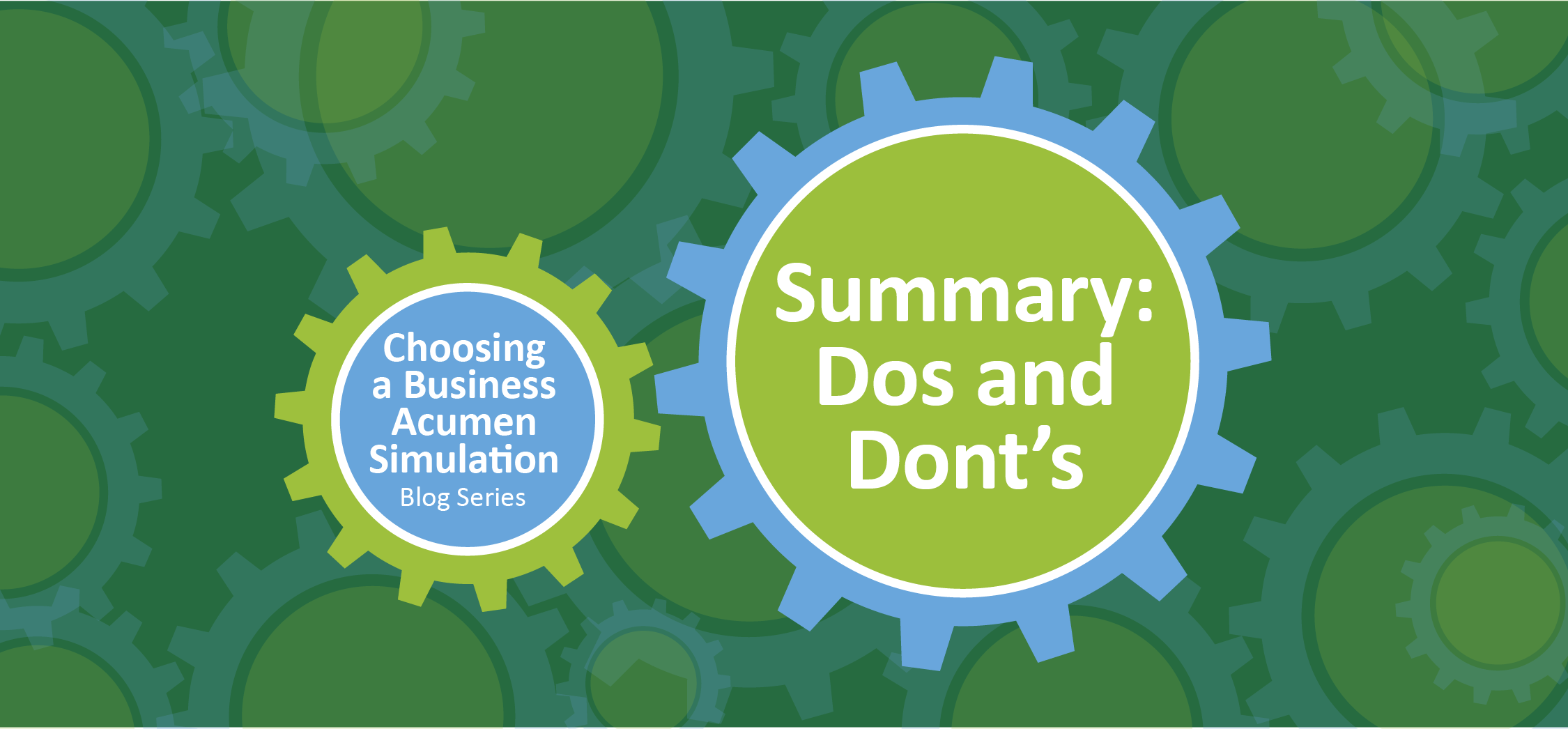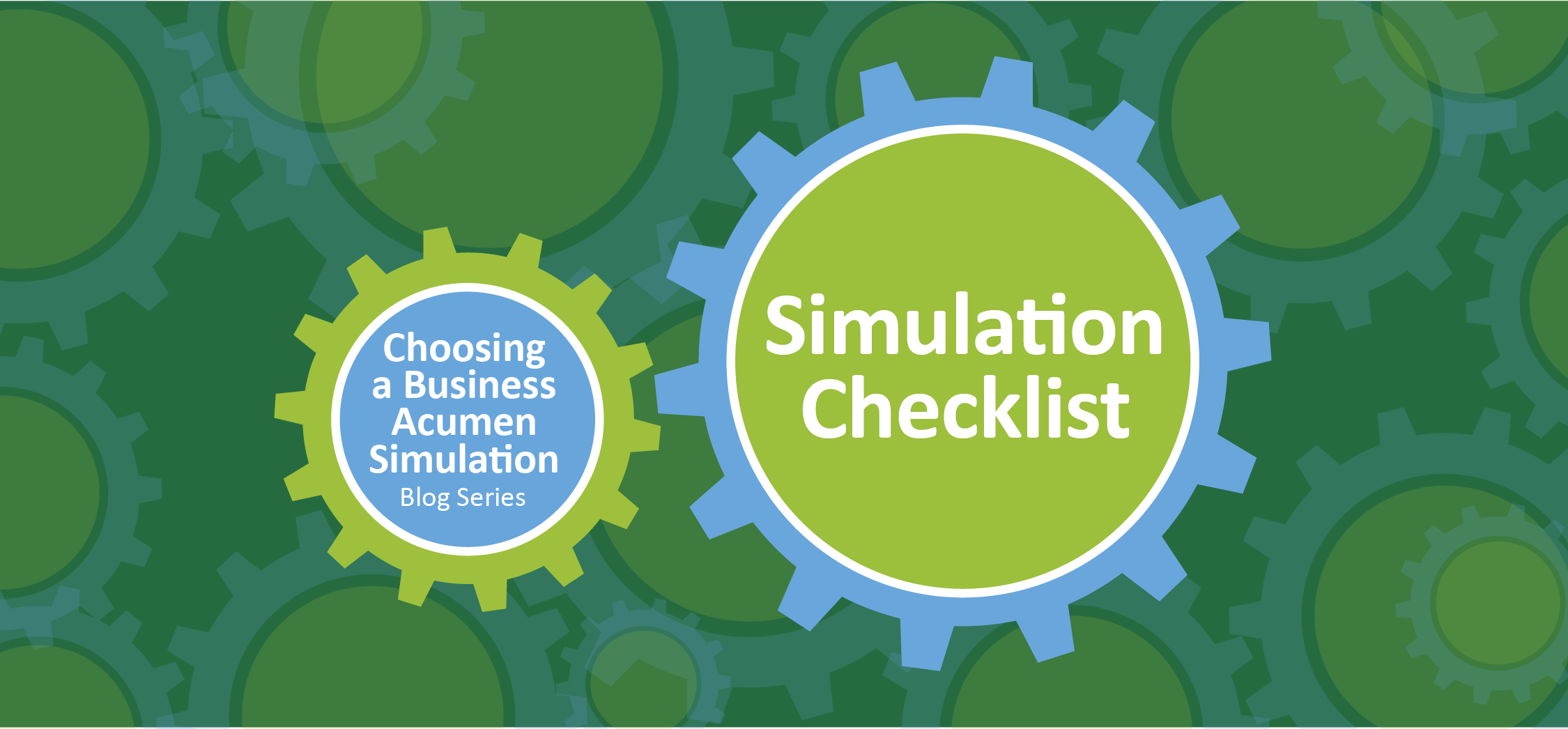Business Acumen - speed and accuracy of information flows

Published Date
In this series, I'm using the Financial Times' definition of business acumen as:
"Keenness and speed in understanding and deciding on a business situation."
The word "acumen" means keenness, but in business acumen, speed is also crucial, and is included in the definition.

Why Speed Matters
To make good business decisions, we need accurate and timely information. As technology evolves, companies that access the most relevant information quickly develop a competitive advantage over others in the industry.
An extreme example is stock market high-frequency traders, who relocate their servers into offices or hotels right next to the exchanges' data centers—just to gain a few milliseconds over ordinary investors.
But even in an ordinary corporate environment, planning future budgets and cash flows requires up-to-date information. Businesses can't rely on handwritten ledgers and carrier pigeons anymore. They need real-time data from across the company:
- Market Demand: What does it look like for the next year?
- Competition & Innovation: What new products and services are we and our competitors developing?
- Sales Insights: What are frontline salespeople saying about pricing and volume?
- Cost & Capacity Constraints: What are our production and related costs?
- Funding Availability: How much money can we raise if needed? How easily, and at what cost?
- Risk Factors: What else should we account for in our planning?
Speed = Competitive Advantage
In a slow-moving industry, much of this may look the same year to year. But when the world changes suddenly—and it will, multiple times per decade—those who have obtained and processed the right information will react immediately and appropriately.
Companies that stay ahead of change can even find new opportunities in a crisis—because they know their own flexibility in every area of the business.
But those without current information face a choice:
- Make a random, uninformed decision and hope for the best
- Spend months gathering data (while the world keeps shifting) and respond too late
Real-World Example: Israel’s Telecom Deregulation
When Israel deregulated international phone services in 2000, three companies dominated the market. The smallest of the three, 013 Barak Telecom, engaged our colleagues at to run a wargame version of Income|Outcome, simulating how deregulation might impact a high fixed-cost industry.
Their biggest insight? Prices in the game fell by 70 - 80% within a few rounds—a shocking but valuable early warning.
So when deregulation actually happened, prices fell by 70 - 80% within months—just as their simulation predicted.
The result? 013 Barak Telecom, the only company prepared for the shift, became the largest player in the industry.
Final Thought
Planning isn’t just about forecasting results in a stable environment—it’s about building flexibility to survive and thrive in crises.
And that requires accurate, up-to-date information—from every area of the business.
At Andromeda Simulations International, we help teams build business acumen and decision-making speed through Income|Outcome business simulations. Want to strengthen your team's financial agility? Contact us today.



